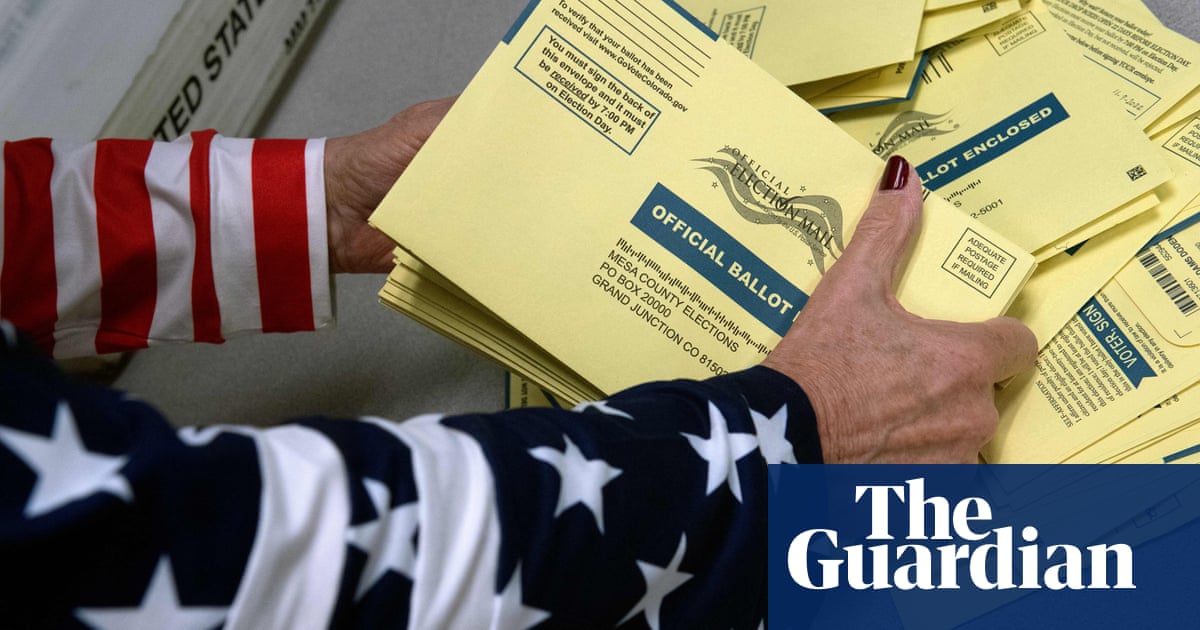Nearly half of all officials have been insulted, a third harassed, and nearly one in five threatened, according to CivicPulse
…
Election threats, often based on misinformation or distortions of election processes, didn’t end in 2020. They’re now an everyday problem for election officials in the US, bringing with them the potential to turn into violence. Even without a physical manifestation, they cause stress, worry and chaos to elections offices and the people who work in them.
These harassing and threatening messages are more likely to target women and people of color, according to Princeton University’s Bridging Divides Initiative, which studies political violence. They’re more common in swing states like Pennsylvania, Georgia, Michigan, Wisconsin and Arizona. Most do not result in criminal charges, though a justice department unit focused on election threats has charged more than a dozen people since 2021.
The problem is at a “consistently high baseline”, surveys of elections officials from CivicPulse found. In any given quarter, “nearly half of all officials have been insulted, a third have been harassed, and nearly one in five threatened”. Threats turning physical, while rare, casts worry and fear over these officials – one in five female officials “worry about attacks on them or their family”, CivicPulse says.
A wave of election officials have quit their jobs, often leaving less experienced people in charge of voting. Nationwide data on the departures isn’t available, but a study of 11 states in the American west by Issue One showed that more than 160 chief local election officials had left their roles since the 2020 election, leaving half of the 76 million Americans living in those states with a new top election official.



Why don’t we confront threats against election workers by breaking the knees of people threatening election workers?